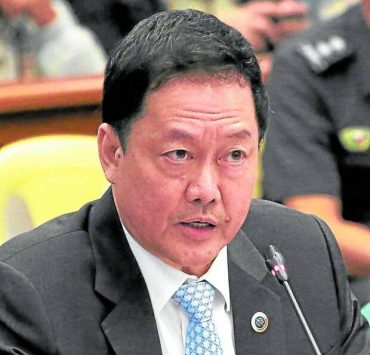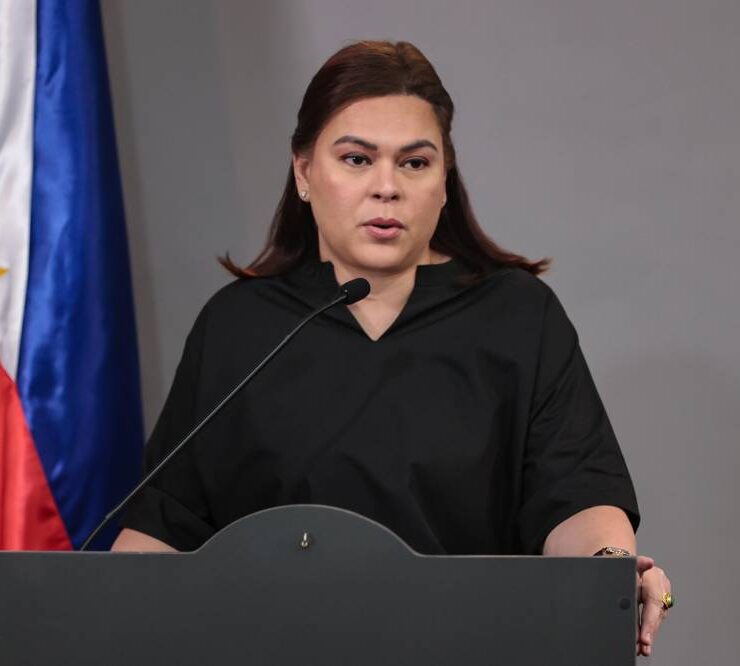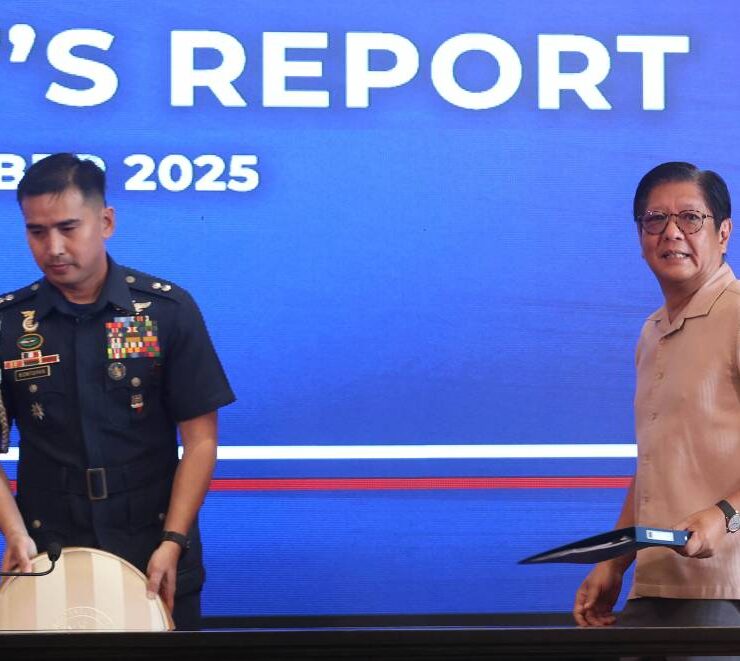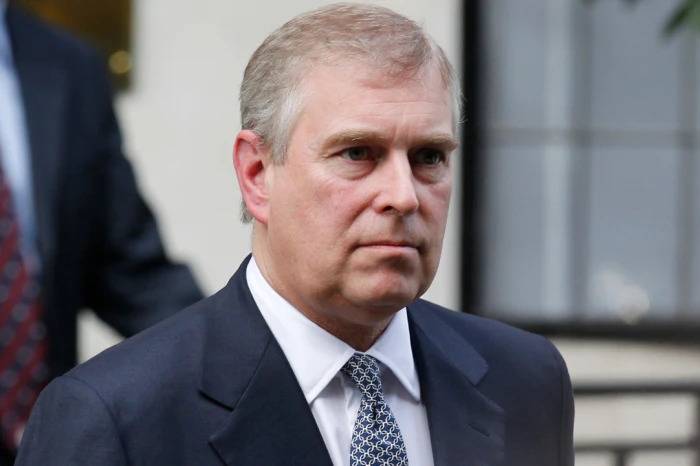UK offers junior doctors 22.3% pay increase to end strikes
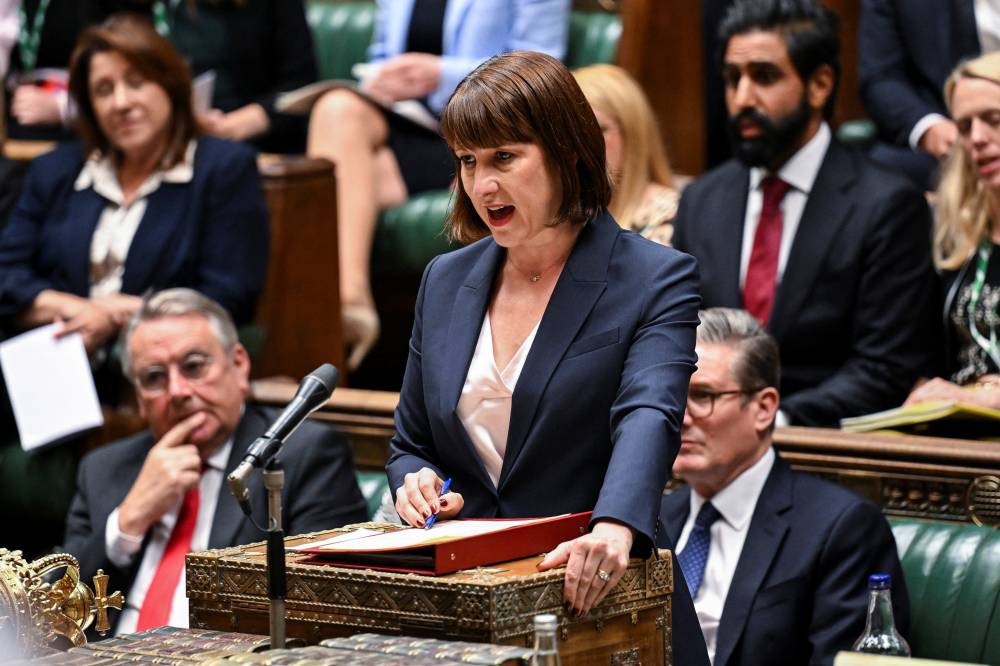
LONDON—Months of strikes by junior doctors in England’s National Health Service could be coming to an end after the union representing them recommended they accept a new 22.3 percent total pay uplift over two years.
The British Medical Association (BMA), which represents around 50,000 junior doctors and the new Labour government announced the terms on Monday.
Junior doctors are qualified physicians, often with several years of experience, who make up a large share of the medical staff.
The breakthrough follows a series of strikes by the group since early 2023 over demands for a 35 percent pay rise, which they say is necessary to cover the impact of inflation over several years. The strikes included the longest walkout in the 75-year history of the state-funded NHS in January.
The issue has exemplified Britain’s labor unrest over the last two years as high inflation and a cost-of-living crisis spurred demands for better pay across a wide range of sectors, with strikes by doctors among the most disruptive.
“This offer does not go all the way to restoring the pay lost by junior doctors over the last decade and a half,” BMA junior doctors committee co-chairs Robert Laurenson and Vivek Trivedi said in a statement.
“There is still a way to go but this government has shown it can learn from mistakes of the past,” they added.
The new government offer follows several rounds of unsuccessful talks between the BMA and the previous Conservative government.
“This has been a tough negotiation, but we have worked rapidly to reach a fair offer,” new health minister Wes Streeting said in a statement.
The offer includes an additional 4.05 percent pay rise for 2023/24 on top of the average 8.8 percent previously awarded, backdated to April last year. For 2024/25, junior doctors will receive 6 percent along with a 1,000 pound ($1,285) consolidated payment.
Strikes have added to the pressure on an overburdened NHS, leading to thousands of cancelled appointments and procedures, and further adding to a list of patients waiting to begin hospital treatment, which has ballooned to over 7 million cases.
Industrial action in the NHS cost the taxpayer 1.7 billion pounds last year, finance minister Rachel Reeves said earlier on Monday.
Reeves penciled in a further 8.1 billion pounds of cuts for the next financial year and promised more measures at a full budget on Oct. 30, when the newly-elected Labour government would need to make “difficult decisions”, including on tax.
Part of the cost comes from Reeves’ decision to give public-sector workers pay rises costing in total 9.1 billion pounds, following recommendations from independent pay-setting bodies which she said the Conservatives had ignored for too long.
Reeves said the state of the public finances was not sustainable, and posed a risk to economic stability if left unchecked. —REUTERS
Reuters, the news and media division of Thomson Reuters, is the world’s largest multimedia news provider, reaching billions of people worldwide every day. Reuters provides business, financial, national and international news to professionals via desktop terminals, the world's media organizations, industry events and directly to consumers.















